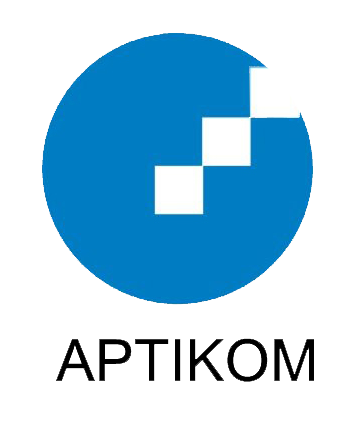FACTORS THAT INFLUENCE STUDENT TEAMS IN INFORMATION SYSTEM DEVELOPMENT PROJECT: STUDENT’S PERSPECTIVES
Keywords:
information system development, partial least squares, student teams performance
Abstract
The success of information systems development activities are influenced by technology and human resources. Experience and knowledge of team members is the key to performance improvements in the software development process. So the experience and knowledge are considered to be one of the main capitals in the success of a software development team. However, what if the information system development team are students who may not have experience at all ? Is the information system developed by an un-experienced team always fail ? Therefore, it is necessary to conduct a study to identify the factors that influence the student teams in information systems development project. The study was conducted with the literature study to establish research model. Furthermore, a survey conducted by distributing questionnaires to students of information systems whom are doing an internship in developing information systems. The results of the survey were analyzed quantitatively using Partial Least Square technique to test the proposed research model. The results of this study indicate that the development of information systems conducted by a team of students is significantly influenced by the Customer Relationship and Horizontal Relationship. Capability factor have a significant effect although the effect is small on the student teams.Downloads
Download data is not yet available.
Published
2015-01-05
How to Cite
Indriasari, S., & Sensuse, D. I. (2015). FACTORS THAT INFLUENCE STUDENT TEAMS IN INFORMATION SYSTEM DEVELOPMENT PROJECT: STUDENT’S PERSPECTIVES. Jurnal Sistem Informasi, 10(2), 87 - 93. https://doi.org/10.21609/jsi.v10i2.391
Section
Articles
Authors who publish with this journal agree to the following terms:
- Authors retain copyright and grant the journal right of first publication with the work simultaneously licensed under a Creative Commons Attribution License that allows others to share the work with an acknowledgement of the work's authorship and initial publication in this journal.
- Authors are able to enter into separate, additional contractual arrangements for the non-exclusive distribution of the journal's published version of the work (e.g., post it to an institutional repository or publish it in a book), with an acknowledgement of its initial publication in this journal.
- Authors are permitted and encouraged to post their work online (e.g., in institutional repositories or on their website) prior to and during the submission process, as it can lead to productive exchanges, as well as earlier and greater citation of published work (See The Effect of Open Access).








